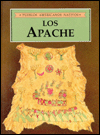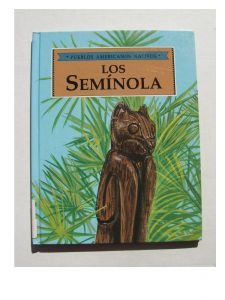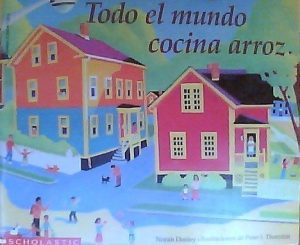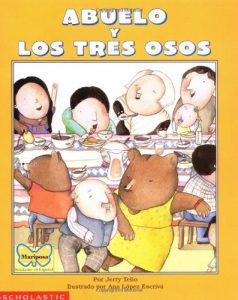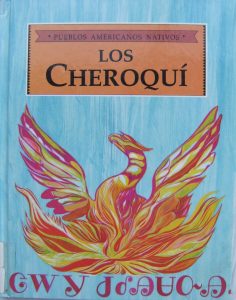 Examines the history, traditional lifestyle, and current situation of the Cherokee Indians.
Examines the history, traditional lifestyle, and current situation of the Cherokee Indians.
Author: Book Importer
Los Nez Perce (Pueblos Americanos Nativos) (Spanish Edition)
Examines the history, traditional lifestyle, and current situation of the Nez Percâe Indians.
Los Pueblos (Pueblos Americanos Nativos) (Spanish Edition)
A history of the Indian groups known collectively as Pueblos because of the sculpture-like villages in which they lived at the time the Spaniards arrived in North America.
Los Apache (Pueblos Americanos Nativos)
Los Seminola (Native American People)
Creation Of The Sun And The Moon
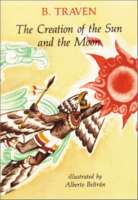
This beautiful Mexican legend tells the story of a young Indian hero who saves mankind by rekindling the Sun after it has been extinguished by the spirits of evil.
Todo El Mundo Cocina Arroz
Somos Un Arco Iris, We Are a Rainbow
Bilingual childrens book in both spanish and english. WE ARE A RAINBOW helps young readers begin building the cultural bridges of common human understanding through simple comparisons of culture from breakfast foods to legends. Colorful cut-paper art and gentle language deliver this universal message eloquently.

